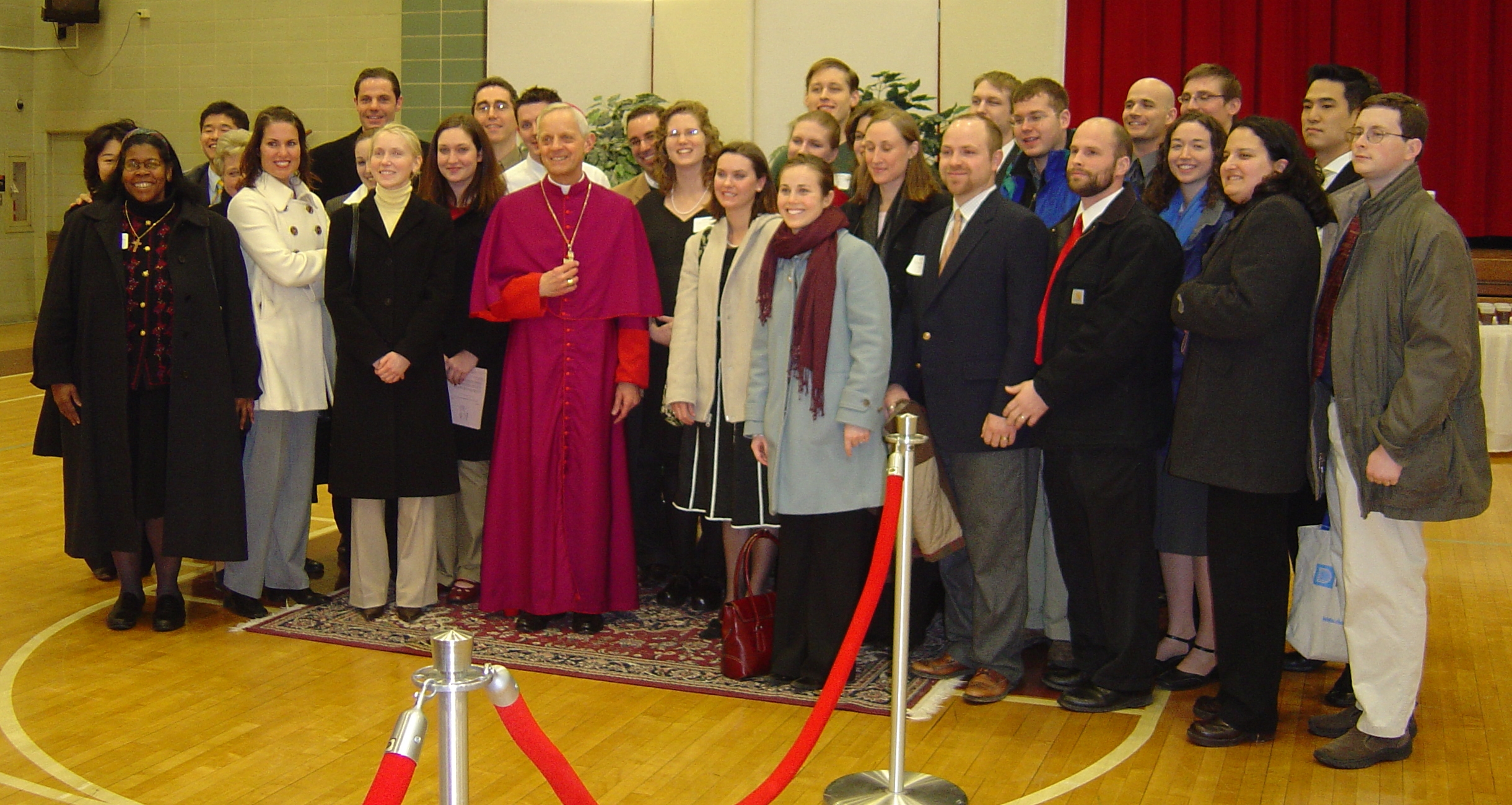"The Trilemma: Useless" was written as an entry in Vox Apologia XVIII. Since there were only four entries, RazorsKiss could easily comment on all of them. His commentary on mine causes some head scratches for me.
I’m interested as to why he chooses conversion as the end of apologetics (although, to some extent, it is true), and why he uses the worst-case scenarios to negate all cases where it might work. Go check it out, and see what you think of it.
How is conversion not an end of apologetics?
- apologetics
- The branch of theology that is concerned with defending or proving the truth of Christian doctrines.
- Formal argumentation in defense of something, such as a position or system.
- Middle English, formal defense, from Latin apologticus, from Greek apologtikos, suitable for defense, from apologeisthai, to defend oneself verbally, from apologos, apology, story. See apologue.]
- conversion
- A change in which one adopts a new religion, faith, or belief.
- Middle English conversioun, religious conversion, from Old French conversion, from Latin conversi, conversin-, a turning around, from conversus, past participle of convertere, to turn around. See convert.
Apologetics is concerned with the rational defense of (in this case) Christianity. Ultimately, we would like our listeners to see things our way, i.e. turn (vertere) to face the direction we face with us (con). IOW, if Christianity can be rationally defended and we intend to perform such defense, do we not desire that our listeners be converted to our position? I understand that not all conversion need be achieved through apologetics. However, the ultimate goal of apologetics should be to convert. Any result short of that is just a comprimise and hopefully temporary.
